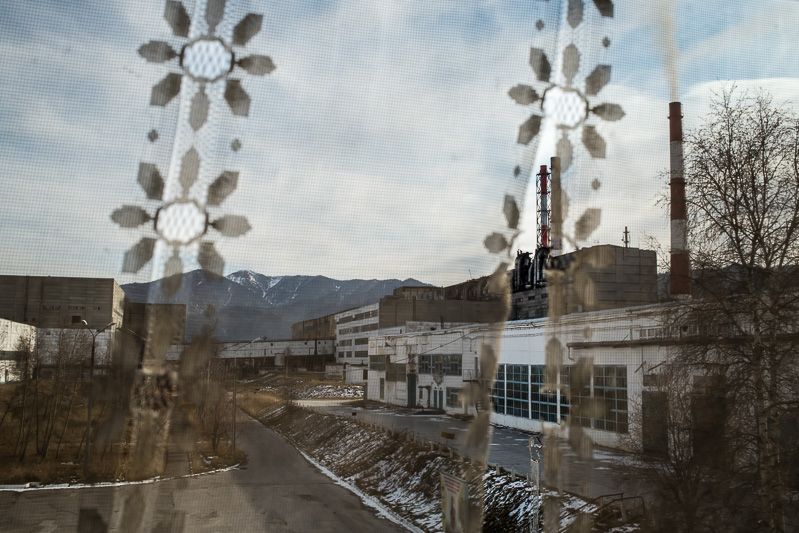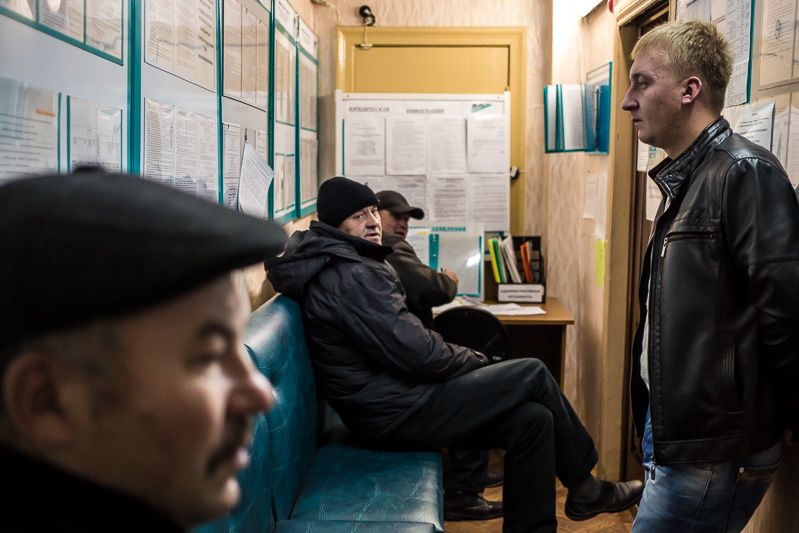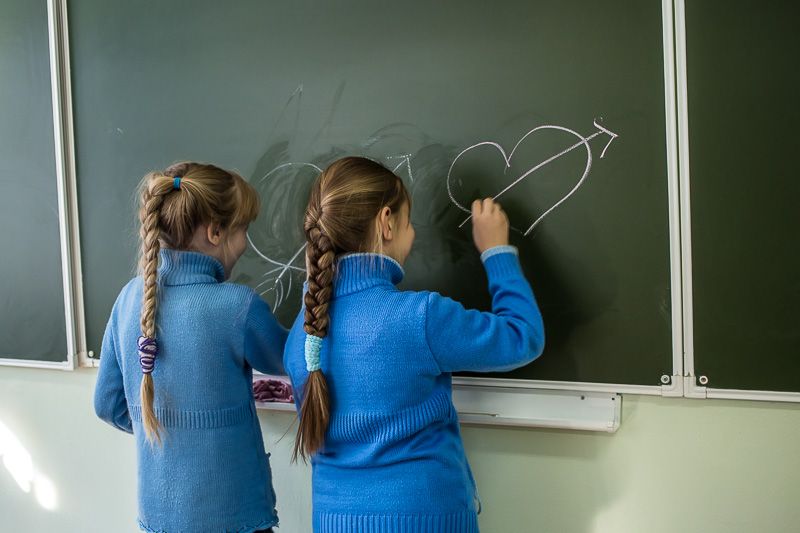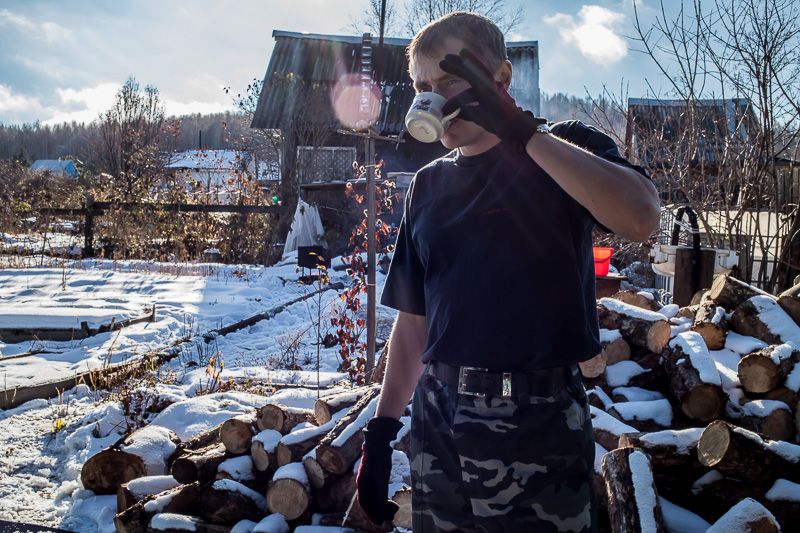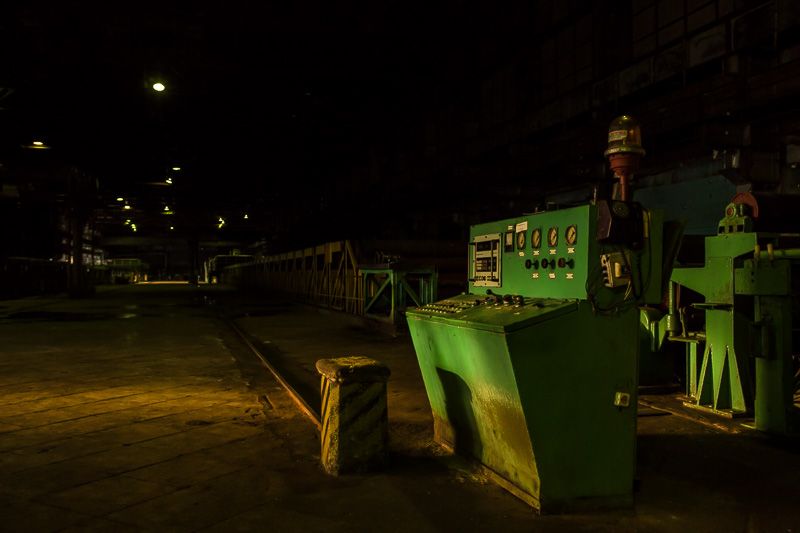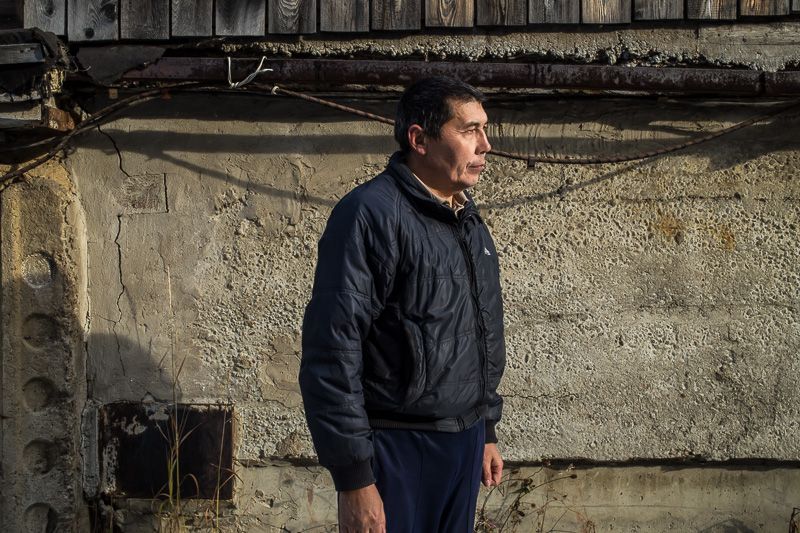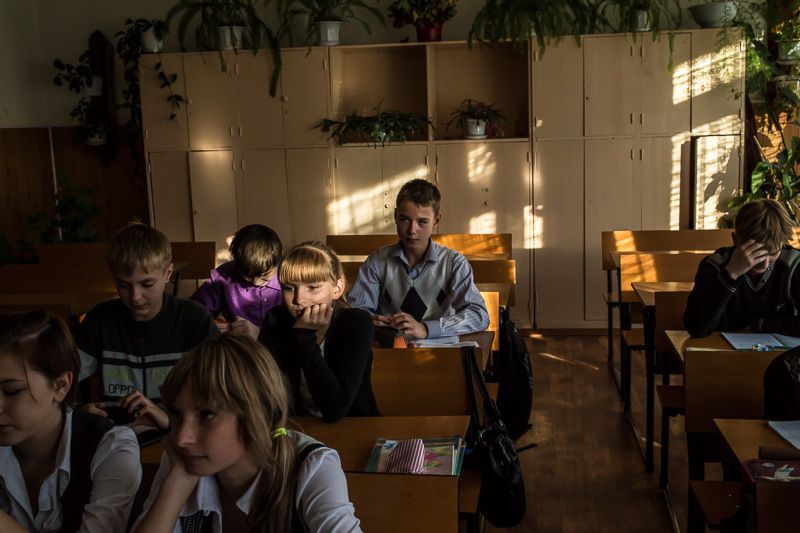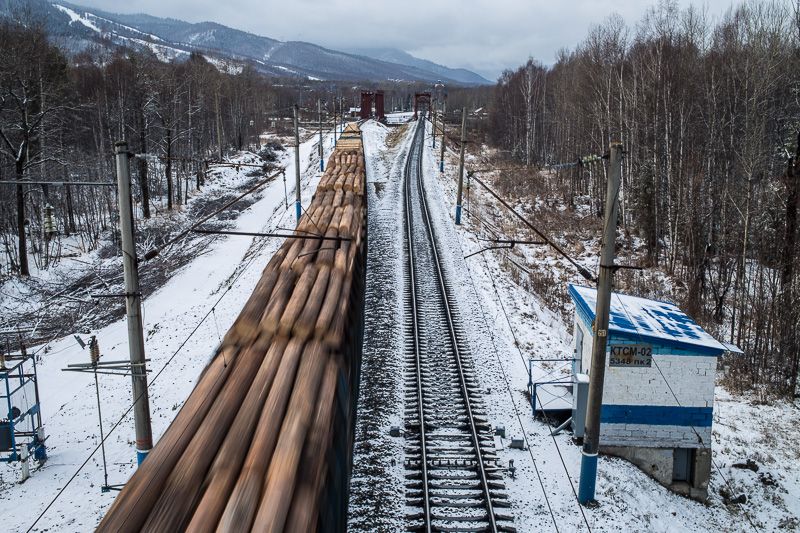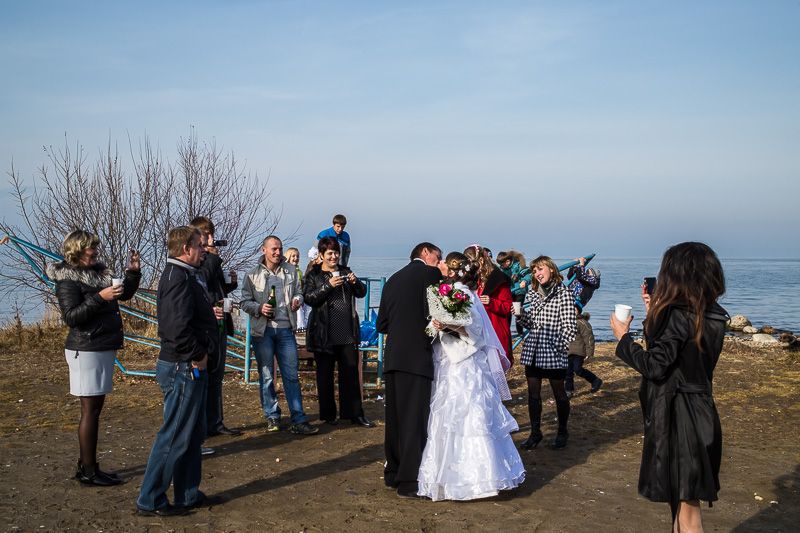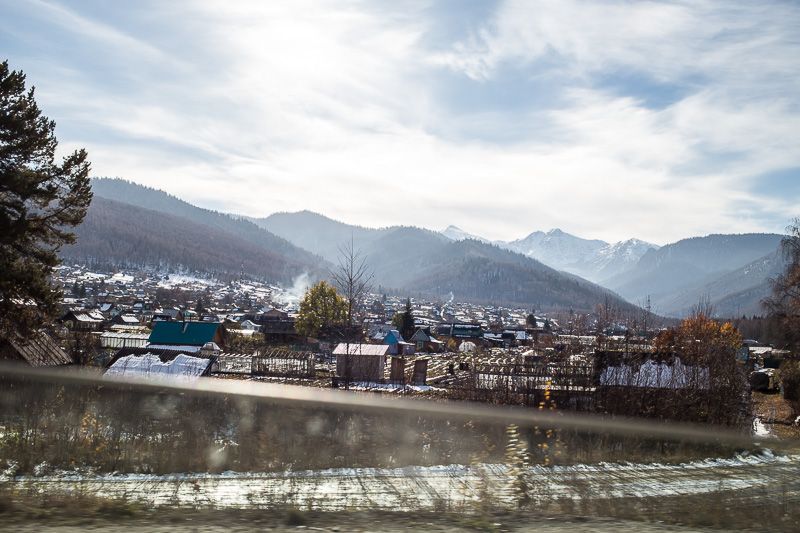Note: This slideshow is published in conjunction with Anna Nemtsova's article, "On the Edge of Siberia's Dark Blue Heart."
One cold week in October, photographer Brendan Hoffman and Democracy Lab columnist Anna Nemtsova journeyed to Baikalsk, a lonely town on the edge of Russia's Lake Baikal. Within Russia the town is known for its citizen-led environmentalist movement against the local Baikalsk Pulp and Paper Mill. Operating since the mid-60s, the mill churned pollutants into the lake, a unique ecosystem that holds 20 percent of the world's fresh water and sustains over 1600 endemic species of plants and animals. Decades of protests by environmental activists have finally brought the mill to its knees. It shut down — seemingly for good — last month.
Today the town's residents are struggling to cope with the mill's closure. Like the hundreds of other Soviet Russia "monotowns," Baikalsk is a community that was sustained by a single industry. Without the mill, it's unclear how Baikalsk can go on. During his foray into a corner of Russia rarely visited by outsiders, Brendan Hoffman catalogued the poignant silences of this dying town.
